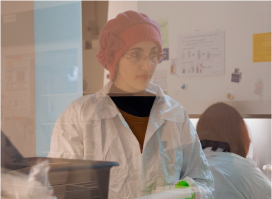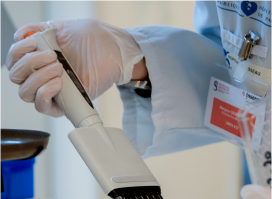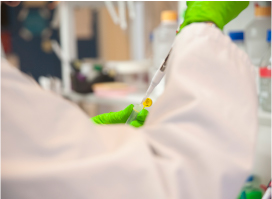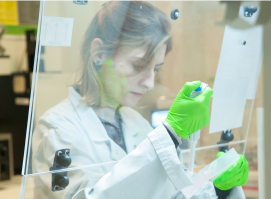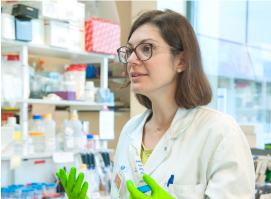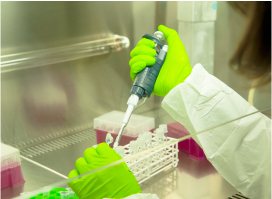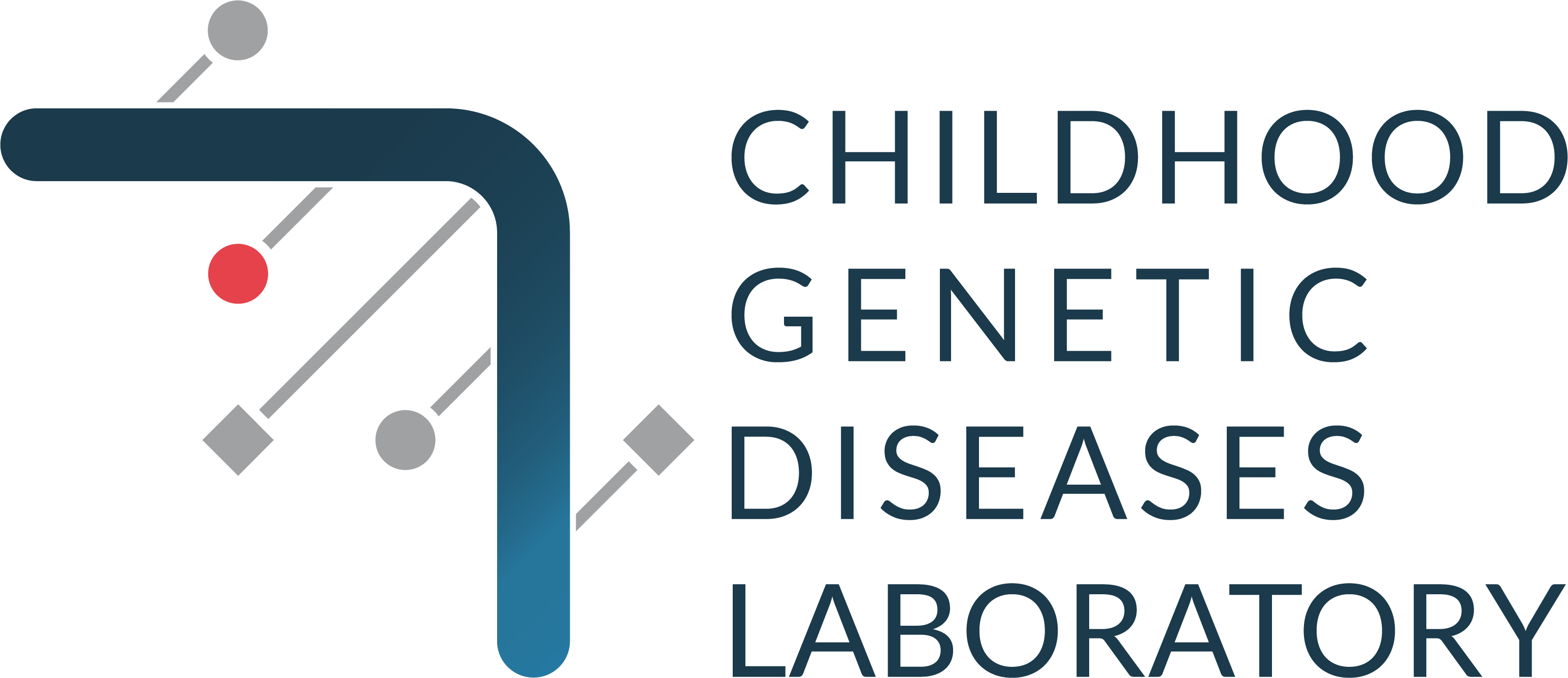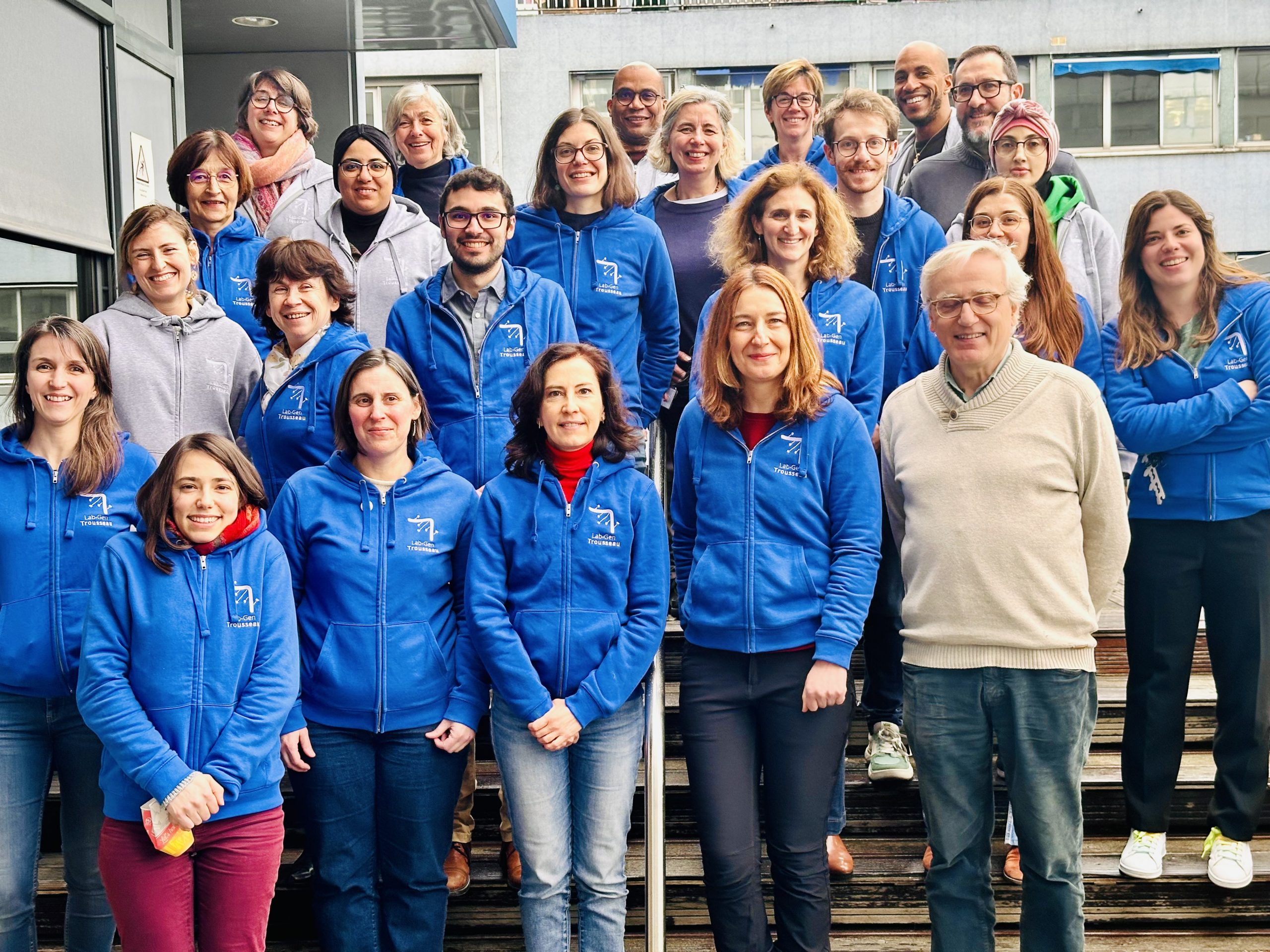
UMR_S933 is a single-team research unit (INSERM + Sorbonne University) under the direction of Irina Giurgea.
It is devoted to the study of the pathophysiology of several human genetic disorders. Our research program concerns three groups of rare diseases:
For all these rare diseases, we have set up cohorts of patients over the past years, which are exceptional, both in their size and their phenotypic characterization. Our activities include both of a fundamental component and a translational aspect, with the coordination by members of the unit of several collaborative networks including the national Rare Disease Cohorts (RaDiCo) program funded by the “Programme Investissements d’Avenir”, one national rare disease healthcare network and one national rare disease reference centres. One of our major assets is the current organization of the research unit with:
- very similar objectives common to all investigated rare diseases
- most unit’s members (see organigram here) being involved in the study of several rare diseases
- our tight connections with the clinical lab and its facilities
During the last years, we have identified a dozen new disease genes and performed several studies combining functional aspects and phenotype:genotype correlations. Our research program can be schematically divided into two main parts: for each investigated rare disease, we have developed on top of the genetic prole (identication of new genetic factors involved in the studied diseases), a functional prole with the design of disease/gene-specic molecular and cellular studies. Based on these complementary approaches, we aim at
- developing disease-specic cell models
- characterizing the molecular networks to which the involved proteins belong
- assessing, using different model systems, the consequences of the mutations identified in patients
- opening up new therapeutic avenues
The research conducted in our team has clinical implications with repercussions at diagnostic, prognostic and therapeutic levels.
UMR_S933 is also a member of the Sorbonne University Global Health Institute (ASU-GHI), contributing to interdisciplinary research addressing major global health challenges.
